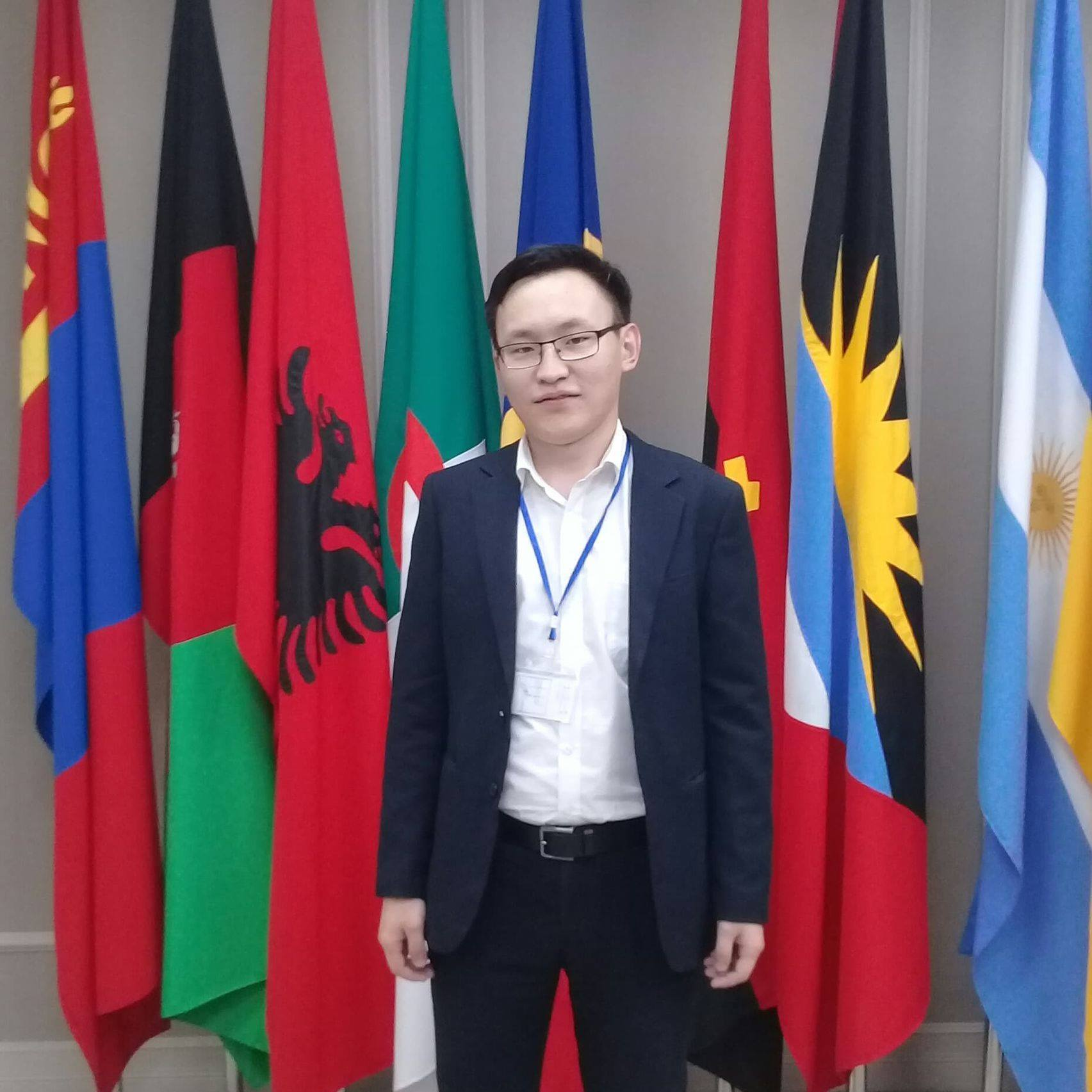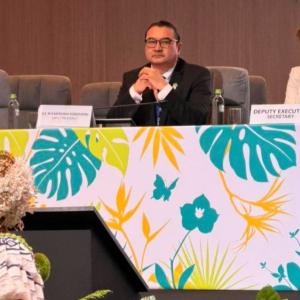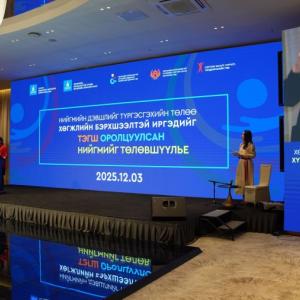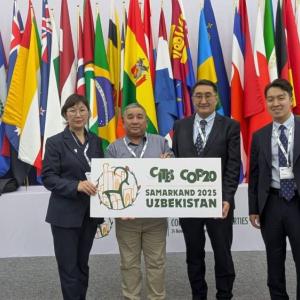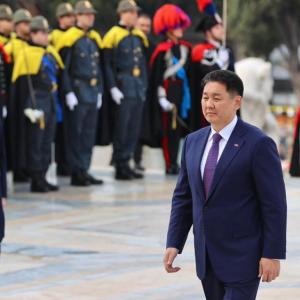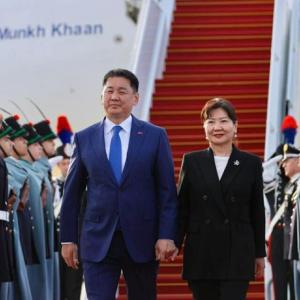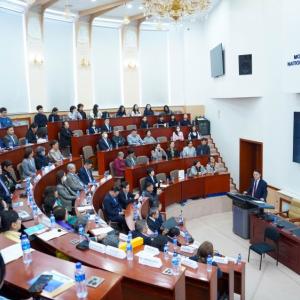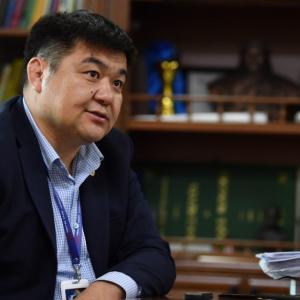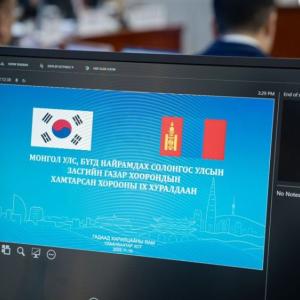Mongolian Doctors to Undertake Capacity Building for 25 Domestically Incurable Diseases
Society
Ulaanbaatar, August 12, 2024 /MONTSAME/. One of the top priorities in reforming Mongolia's healthcare sector is diagnosing and treating currently incurable diseases and medical disorders.
At the initiative of Minister of Health of Mongolia Munkhsaikhan Togtmol, 12 Mongolian national teams of doctors and medical practitioners will be trained at the top medical universities and hospitals in developed countries. Directors of medical institutions in Mongolia have been tasked to ensure the supply of medical equipment for introducing the latest treatments and other necessary reserves during the national medical teams' study abroad.
There are 25 types of diseases and medical disorders untreatable in Mongolia, including,
- Non-surgical and other surgical procedures to remove cancer and tumors located in complicated and deeply rooted areas of the spine and brain
- Surgical treatment for chronic Meniere's disease
- Surgical treatment for chronic congenital heart diseases in children
- Treatment for chronic narrowing of coronary artery of the heart, Fibromuscular dysplasia treatment
- Treatment for chronic aortic aneurysm and aortic dissection
- Surgical treatment for cervical and cranial deformities and comprehensive restoration treatment for such deformities
- Treatment for chronic scoliosis and replacement of intervertebral discs
- Surgical treatment for chronic deformation of lower limbs, post-injury instability of the ankles, and bone recovery treatment for congenital lower limb abnormalities and bone cancer recovery
- Surgical treatment for congenital upper and lower limb abnormalities and bone fractures in children
- Preimplantation genetic testing to identify genetic abnormalities in embryos created with in vitro fertilization
- Treatment for autism spectrum disorder and 25 diseases and disorders currently untreatable in Mongolia.
As a result of the training, these kinds of diseases are expected to be curable in Mongolia, providing equal opportunity for getting treatment, and positively affecting the economic situation of the patients and their families as well as the country.
 Ulaanbaatar
Ulaanbaatar





